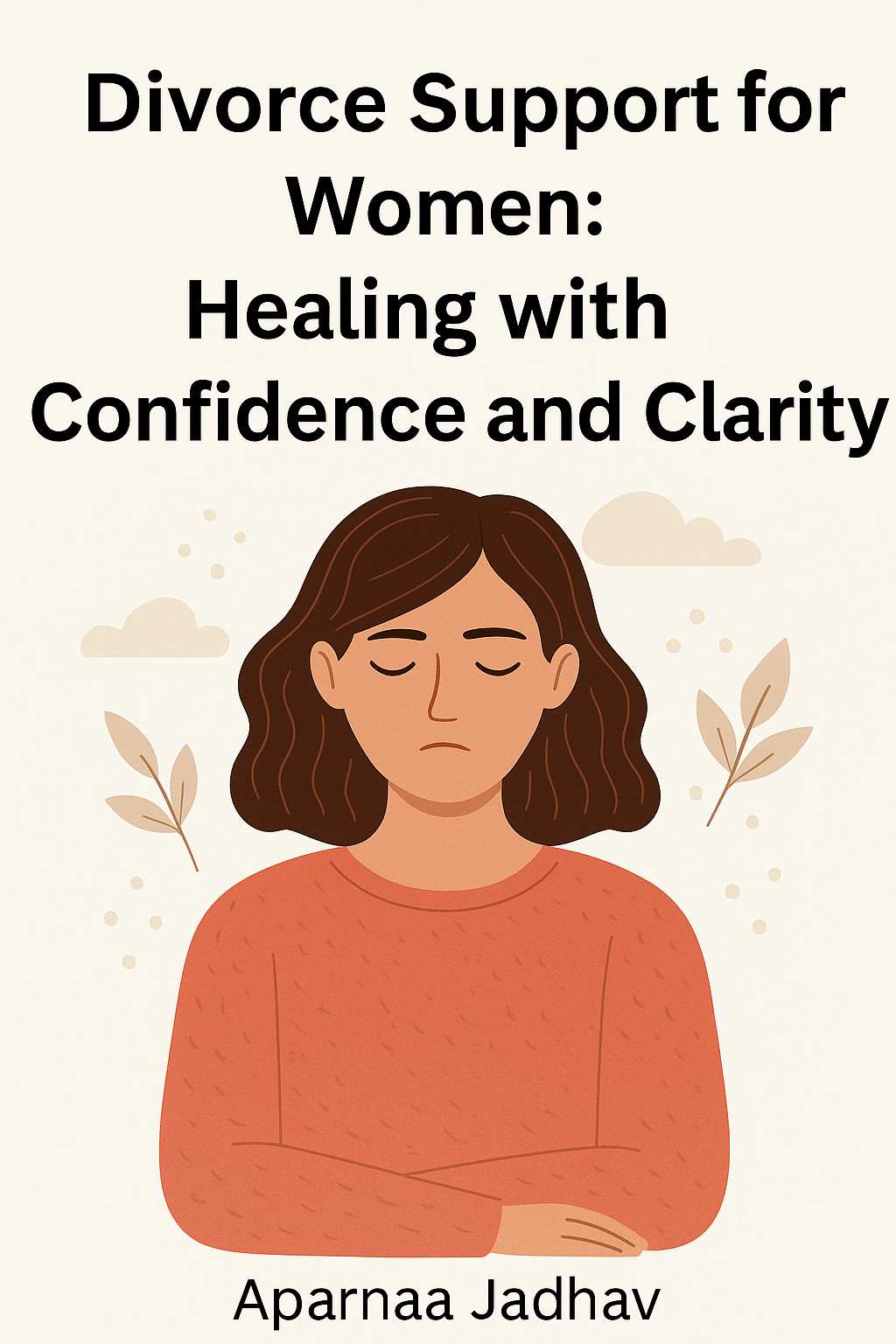
Divorce is never easy. For many women, it’s a deeply emotional process that affects every part of life—from personal identity and family dynamics to financial security and mental wellbeing. During this time, having the right guidance and divorce support for women can make a meaningful difference. Support isn’t just about legal advice or therapy—it’s about feeling seen, heard, and empowered to rebuild a life with confidence and clarity.
Understanding the Emotional Impact of Divorce
Divorce can stir up a mix of emotions: sadness, relief, guilt, anger, confusion, and fear about the future. These feelings are natural and valid. For women, especially those who have invested years in caregiving or supporting a partner’s career, the shift can be disorienting.
Support starts with emotional acknowledgment. Recognizing your pain and giving yourself permission to feel is the first step toward healing. There’s no “right” timeline to move on—every woman’s journey is unique. But the more honest you are with yourself, the stronger your foundation becomes.
Rebuilding Confidence After Divorce
Confidence doesn’t return overnight. After divorce, it’s common to question your decisions, self-worth, and future. But there are real ways to slowly rebuild confidence:
- Celebrate small wins: Managing your own finances, making a solo decision, or even showing up to work with a smile—all of these count.
- Reconnect with your strengths: Think about what you brought into the relationship—your resilience, intelligence, or creativity—and remind yourself you still have those traits.
- Set boundaries: Emotional boundaries with your ex, family, or friends help protect your energy as you recover.
Confidence grows not from perfection, but from small actions repeated over time.
The Power of a Support System
Having a strong circle can make all the difference. Emotional support for women during divorce often comes from:
- Close friends and family who listen without judgment
- Support groups (online or local) where women share stories and learn from each other
- Therapists or counselors who provide tools to process trauma and rebuild mental wellness
It’s okay to ask for help. In fact, it’s a strength. You don’t have to do it all alone—and you shouldn’t have to.
Practical Support Matters Too
In addition to emotional recovery, there are several logistical aspects where support is essential:
- Legal guidance: Understanding your rights and options, especially if children or shared assets are involved.
- Financial planning: Setting up a budget, closing joint accounts, and planning for future goals with a trusted advisor.
- Housing and employment: If you need to move or restart a career, tap into local resources, women’s organizations, or career counselors.
These decisions can feel overwhelming, but with the right guidance, they become manageable steps.
Supporting Women with Children
Divorced mothers face a unique layer of responsibility. Not only are you healing yourself, but you’re also trying to create stability for your children. Here’s what can help:
- Keep routines consistent where possible to offer a sense of security
- Encourage open communication, allowing children to express their own emotions
- Avoid speaking negatively about the other parent, as this can confuse and hurt children
If possible, working with a child therapist or family counselor can provide tools for healthy adjustment.
Embracing a New Chapter
While divorce marks the end of a relationship, it’s also the beginning of something new. Over time, many women find that they not only heal—but thrive. Here’s how to gently step into your next chapter:
- Reclaim your interests: Explore hobbies or passions that may have been paused
- Build new routines that reflect your current needs and wants
- Surround yourself with positive influences—people who uplift and support your growth
Healing isn’t linear. There will be hard days and easier ones. But with each passing moment, you get to choose how your story unfolds.
Common Myths About Divorce Support for Women
Let’s clear up a few misunderstandings:
- “You should be over it by now.” Healing takes time. There’s no deadline for grief or recovery.
- “Strong women don’t ask for help.” Asking for help is one of the strongest things you can do.
- “Therapy is only for major problems.” Therapy can benefit anyone going through change, even if just for clarity and coping.
The more we break these myths, the easier it becomes for women to seek and receive the support they deserve.
Final Thoughts
The journey through divorce is complex, emotional, and deeply personal. But it doesn’t have to be walked alone. With the right resources, emotional guidance, and practical tools, divorce support for women can pave the way to healing—not just in the short term, but for a stronger and more centered future.
Support is not a sign of weakness—it’s the framework for confidence and clarity.
Whether you’re at the start of the process or picking up the pieces afterward, remind yourself: You are not broken. You are becoming.
Aparnaa Jadhav believes that every woman has the power to rise again. Through her work and voice, she supports emotional wellbeing, healing, and strength in life’s toughest transitions. From personal guidance to inspiring content, she offers tools that help women reconnect with themselves.
Aparnaa Jadhav is here for you—because your next chapter deserves the same care and courage as your last.






